Understanding Social Security Disability Benefits and Their Requirements
The Social Security Disability Insurance (SSDI) serves individuals who have become permanently disabled and need support through disability benefits. SSA oversees the Social Security Disability programs that supply financial help after medical issues force you into persistent unemployment. SSDI qualification involves difficult steps, including legal assistance, to pass the comprehensive application process successfully.
People seeking disability benefits must understand the regulations for qualifications, as well as the qualifying medical conditions, alongside the indications of a strong claim. You will learn all the crucial information in this guide.
How to Qualify for Social Security Disability
Receiving Social Security Disability benefits requires passing both work credit requirements and medical poverty tests.
Work Credits
Your SSDI benefits depend on your contribution to payroll taxes, as explained by the requirement of sufficient work credits. To be eligible for Social Security Disability, a person must have 40 work credits, with at least 20 of those credits required to be accumulated within the previous ten-year period. Workers under 31 might meet the work requirement with as few as six credits.
Medical Eligibility
To obtain SSDI benefits from the SSA, your condition must be marked as serious enough to stop you from performing SGA. This means:
- The SSA requires your disability to remain active for twelve months or result in your death, or medical professionals predict it will cause death within the next year.
- The condition prevents you from performing your previous work tasks and from transitioning to different types of employment.
An SSDI Attorney who knows the SSDI process enhances your chances of fulfilling requirements and presenting your application firmly to the SSA.
What Conditions Qualify for Disability?
Social Security Disability Insurance enables benefits only by accepting narrow medical conditions. The Social Security Administration maintains detailed medical conditions specific to receiving approval through its “Blue Book” document, which describes impairing health issues.
Approved disability benefits commonly include these primary medical conditions:
- Musculoskeletal disorders (e.g., severe back injuries, arthritis)
- Neurological conditions (e.g., multiple sclerosis, epilepsy)
- Cardiovascular diseases (e.g., congestive heart failure)
- Mental health disorders (e.g., severe depression, schizophrenia)
- Respiratory diseases (e.g., COPD, chronic asthma)
- Cancer (especially late-stage or aggressive types)
- Autoimmune diseases (e.g., lupus, rheumatoid arthritis)
Here, the medical information presented, combined with expert evaluations by healthcare providers and vocational experts, defines your eligibility acceptance. The professionals who represent disabled individuals can assist you in gathering appropriate documentation to prove your case to Social Security.
Also Read: Importance of Medical Evidence in SSDI and SSI Claims
What is the Most Approved Disability?
People with chronic back problems, together with musculoskeletal disorders, represent the disabilities most commonly approved for disability benefits. The physical limitations imposed by these conditions render work-related tasks impossible for individuals seeking to maintain their employment.
Other highly approved conditions include:
- Mental diseases such as bipolar disorder, and schizophrenia
- Advanced cancer diagnoses
- Debilitating cardiovascular conditions
A diagnosis leads to eligibility for benefits only after showing that it affects your ability to perform daily activities. The approval process requires complete medical documents, ongoing treatment records, and statements from medical professionals that validate a disability. A Social Security Attorney experienced in SSDI claims will guide you to present the most important components of your condition to the authorities.
Signs That You May Be Approved for Disability
Several indicators exist to determine if your SSDI application shows promising potential for approval; however, no method currently exists to guarantee SSDI approval.
- You meet a Blue Book listing: The SSA’s Blue Book listings serve as strong indicators that increase your chances of approval.
- Your doctors support your claim: Medical professionals providing continuous statements about your inability to work create a highly beneficial foundation for your SSDI claim.
- You have a long treatment history: The Social Security Administration approves disability claims better when applicants consistently record their specialist medical treatments, including prescribed medications and continuing symptoms.
- You're over age 50: Age can play a role. The Social Security Administration uses “grid rules,” which allow easier qualification for older claimants who worked physically in the past.
- You’ve hired legal representation: Social Security Administration statistics indicate that applicants who work with representation receive much higher approval rates compared to those without legal support. Individuals with disabilities seeking help from Social Security Attorneys for Disability can effectively utilize system knowledge to identify shortcomings in their presentation while receiving robust advocacy.
Conclusion
The SSDI system requires applicants to face complex difficulties that become simpler when assistance is available. The SSDI process features various points where expert direction will produce concrete advantages, from eligibility assessment through medical evidence collection and denial appeals.
It makes good sense to hire an experienced attorney for disability applications, whether at the initial filing or when a disability claim is denied. Working with a skilled SSDI Attorney guarantees you will have complete paperwork and powerful evidence that fully protects your rights. Contact Eric R. Hunt to discuss your situation without charge and protect your financial stability.











